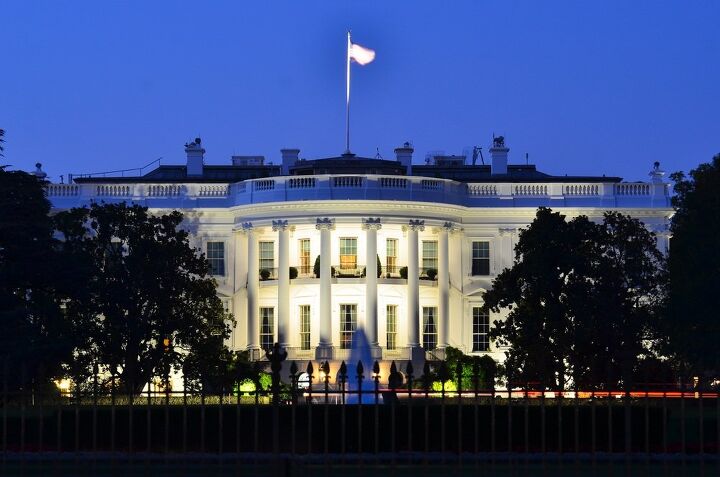#RawMaterials
EVs Are Becoming More Expensive, Not Less
A few years ago, the industry narrative was that all-electric vehicles would reach financial parity with their combustion-driven counterparts in 2025. The assumption was that this would gradually occur by way of ramping up battery production and leveraging economies of scale. However, reality had a different take, as the world is now confronting record-setting prices across the board. Manufacturer and dealer hikes have resulted in the average invoice of EVs rising to $54,000 — roughly 10 grand higher than the typical transaction price of gasoline-powered vehicles, according to J.D. Power.
With economic pressures spiking the value of all automobiles, hardly anything is leaving the lot for less than it could have been had for in 2020. But the increases seen on all-electric models are actually outpacing the models we’ve been told they’re supposed to replace.
GM Secures Itself Some Cobalt
Automotive manufacturers are currently on a quest to secure supply chains to avoid any future embarrassments relating to absent materials or missing components. If the last few years have taught the industry anything, it’s that it is always better not to get caught with your pants down. So we’re now seeing most of the major players trying to lock down raw materials necessary for battery production as they pitch upward in value in anticipation of numerous firms transitioning to all-electric vehicles.
Cobalt has been of particular interest to automakers and General Motors recently entered into a formal agreement to purchase the chemical element from the Anglo-Swiss commodities trader Glencore Plc.
Report: Biden to Use Wartime Powers to Boost EV Battery Production
U.S. President Joe Biden is said to be considering utilizing wartime powers to spur domestic electric vehicle battery production. The administration reportedly wants to add the necessary raw materials to the Defense Production Act (DPA) penned at the start of the Korean War in 1950.
Originally designed to give the federal government more control of the U.S. economy (especially in regard to raw materials) throughout the Cold War, the law has also been leveraged by the Department of Defense to advance new technologies starting in the 1980s. In 2011, Barack Obama invoked the act to force telecommunications companies to provide detailed information to the Commerce Department’s Bureau of Industry and Security. Donald Trump would later invoke the DPA to identify an array of products deemed critical to national security as the trade war with China heated up, and then again to spearhead domestic production of materials and goods pertaining to the COVID-19 pandemic.


















Recent Comments